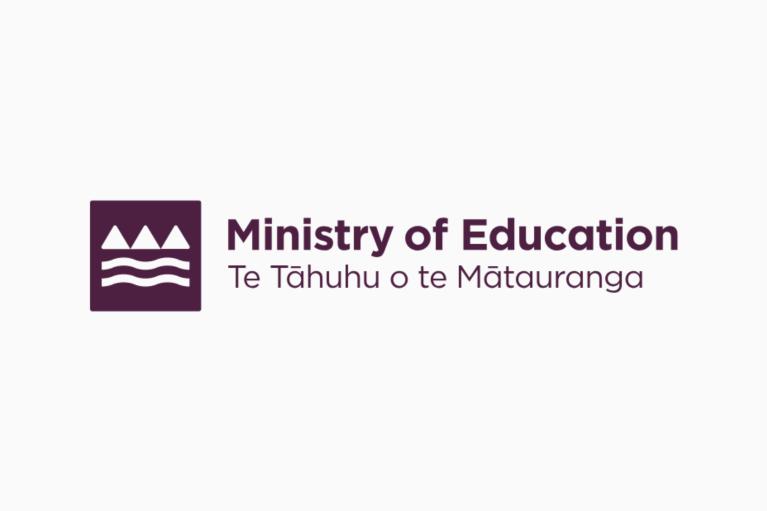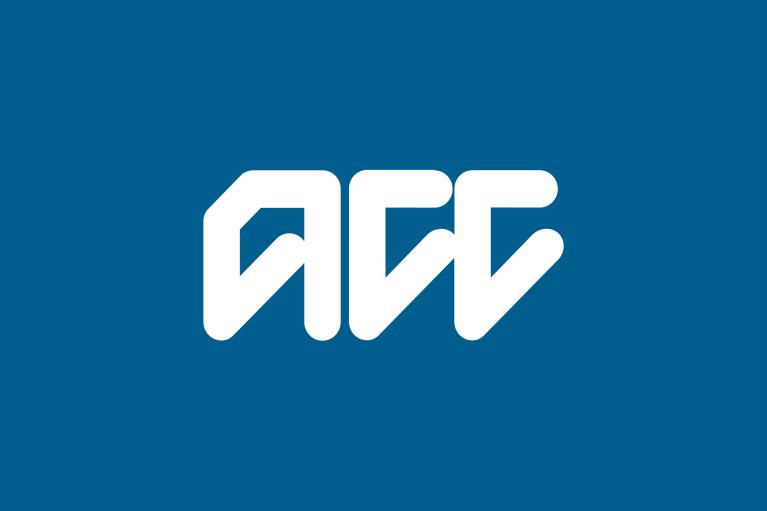Extra support for students with cancer
With good information and planning, many of your student's needs can be met with the supports available within the school. But if your student with cancer has high health or additional learning needs there are other support options available.
Resource Teachers: Learning and Behaviour Service
Resource Teachers: Learning and Behaviour Service (RTLB) are specialist teams who work across a number of schools. RTLB are specialist teachers who work with teachers and families to identify learning strengths and needs.
They support teachers with teaching and learning strategies that enable students to participate fully in the classroom programme. RTLB support teachers and schools to plan for the unique strengths and needs of learners.

Visit the Ministry of Education website for more information about the Resource Teachers: Learning and Behaviour service.
Learning Support
The Ministry of Education's Learning Support Service has a range of specialists who can work alongside whānau and educators.
Depending on your student's needs, the team might include a:
- speech-language therapist
- psychologist
- kaitakawaenga (Māori cultural advisor)
- occupational therapist
- physiotherapist
- learning support adviser
Examples of children who need support from these specialists might be children who:
- are slower to develop skills such as talking, walking or playing
- have hearing or vision difficulties
- struggle with communicating or getting along with others
- have an emotional or behavioural difficulty
Support may include:
- a tailored plan or programme to support your student
- specialist support - working with the adults closest to your student to develop your student's skills and support their learning
- specialised equipment to support your student's learning
Read more about Learning Support.
School High Health Needs Fund
The School High Health Needs Fund supports students who have high health needs as the result of a significant health condition and who need care for more than 6 weeks. A very small number of students may need ongoing support throughout their schooling.
The fund can pay for a support person who:
- supports the management of your student's health needs
- supports the student to learn to manage their own health needs either independently or to the best of their ability

You can visit the Ministry of Education website for information on the School High Health Needs Fund and see some examples of the School High Health Needs Fund in use.
Physical Disability Service
If your student has a physical disability as a result of the cancer treatment, the Physical Disability Service can help to support them to learn at school. The service works with teachers and schools to adapt the environment around the student to meet the students' needs.
To get support, a student is likely to have a problem with:
- moving safely around the classroom and the school
- using playground equipment
- taking part in learning activities, particularly physical ones
- using technology, such as computers
- using pencils, pens and other tools and materials, especially if their disability causes problems with their handwriting
- managing basic tasks, such as changing their clothes when they go swimming, dealing with their clothes when they go to the toilet or eating their lunch
A therapist will assess your student's needs. They will talk with everyone involved, including your student, their family and the teachers, and will put together a plan to help meet those needs.
You cannot get support from both the Physical Disability Service and the Ongoing Resource Scheme.

You can visit the Ministry of Education website for more information on the Physical Disability Service.
Ongoing Resourcing Scheme
The Ongoing Resourcing Scheme (ORS) provides support for students with the highest ongoing level of needs for specialist support to join in and learn alongside other students at your school.
Students are eligible to access this funding when they meet one or more of the nine ORS criteria. If your student does not meet the eligibility criteria then all the other options for support mentioned on this page are still available to them.
ORS can provide:
- extra support from a specialist teacher
- support from specialists
- support from a teacher's aide
- funding for small items your student might need

You can also visit the Ministry of Education website for information on ORS criteria and funding.
ACC assistance
Accident Compensation Corporation (ACC) is responsible for any injury-related needs your student may have that could impact on their learning, attending or participating at school. Under some circumstances, ACC may accept that an unintended effect of treatment will be regarded as 'a treatment-related injury'. This can happen if a consequence of treatment is unexpected or unusually severe. In these circumstances, ACC will directly fund additional resources for education.
Some examples of assistance include:
- assistive technology and equipment your student may need - such as writing aids, a note taker, a computer or laptop, and FM sound systems
- education support workers and teacher aides
- equipment to assist with an everyday need - such as a standing frame or a hoist
Eligibility for ACC support at school is determined by either:
- a Support Needs Assessment, or
- an Education-Based Rehabilitation Assessment

Visit the ACC website to find out more about ACC assistance.
Acknowledgements
The pages in the childhood cancer and education section of this website have been developed in collaboration with the National Child Cancer Network (NZ), and the Ministry of Education. Content has been approved by the National Child Cancer Network (NZ).
